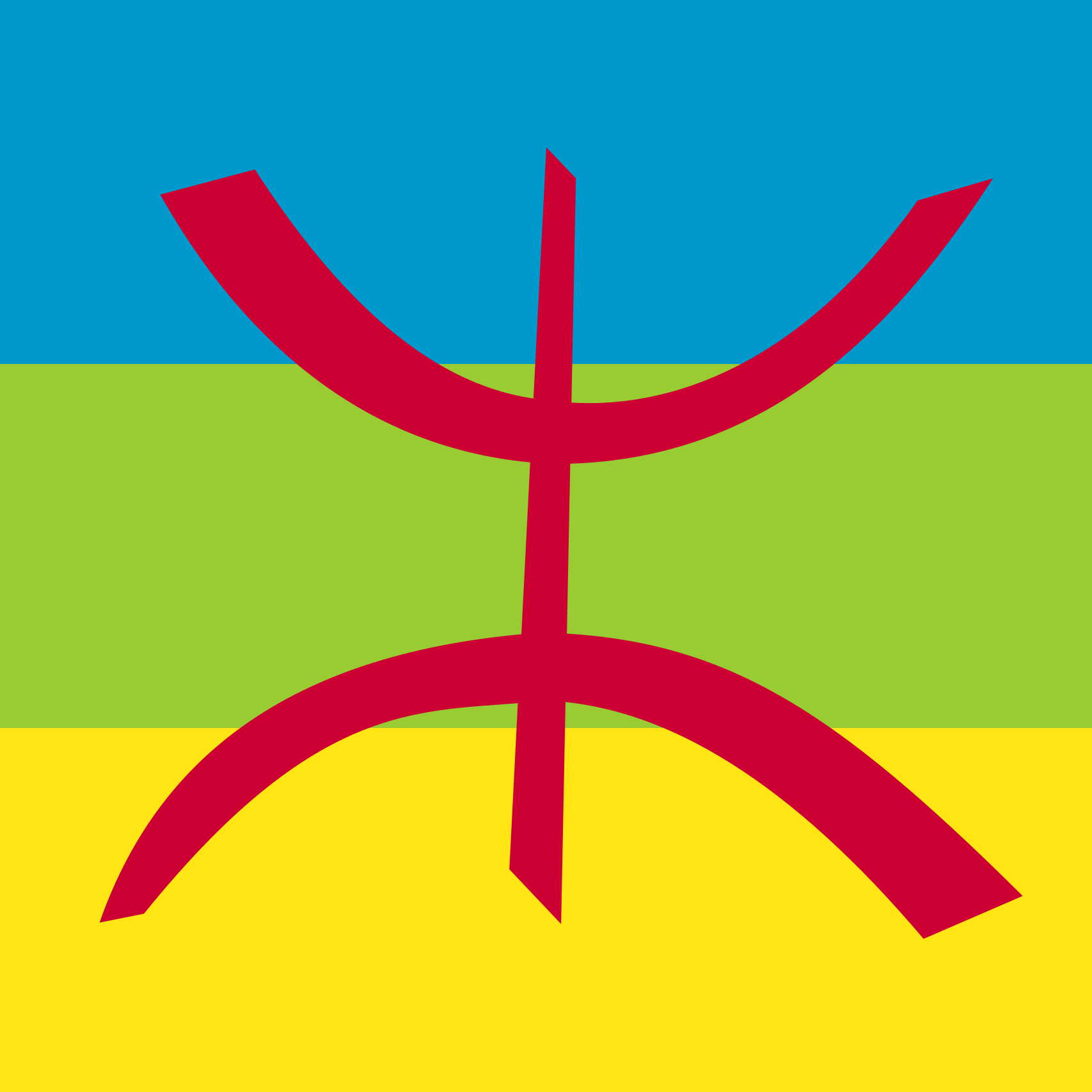The Amazigh people have a long and complex history, dating back to prehistoric times. In this part of the article, we will explore the history of the Amazigh people in more detail, including the early kingdoms and empires, the Arab conquest, the French colonial era, and the modern history of the Amazigh people.
Origins of the Amazigh People:
The origins of the Amazigh people are shrouded in mystery, with little known about their early history. However, recent genetic studies have revealed that the Amazigh people are descended from the early human populations of North Africa, who lived in the region as early as 5000 BCE.
Early Kingdoms and Empires of the Amazigh People:
The Amazigh people have a long history of forming kingdoms and empires, some of which were among the most powerful in North Africa. Some of the earliest known Amazigh civilizations include the Numidians, who lived in present-day Algeria, and the Garamantes, who lived in present-day Libya.
In the 3rd century BCE, the Berber kingdom of Mauretania was established, which included parts of modern-day Morocco, Algeria, and Mauritania. The Mauretanian kingdom was known for its military strength and its wealthy trading cities, which included Volubilis in Morocco.
In the 4th century CE, the Berber kingdom of Numidia emerged, which was one of the most powerful kingdoms in North Africa. The Numidians were known for their fierce resistance against the Roman Empire, with several Numidian leaders, including Jugurtha and Tacfarinas, leading successful uprisings against the Romans.
The Arab Conquest and its Impact on the Amazigh People:
In the 7th century, the Arab conquest swept through North Africa, resulting in the spread of Islam and the establishment of Arab-led dynasties. The Amazigh people led a resistance against the Arab conquest, which resulted in the establishment of several Amazigh-led dynasties, such as the Almoravids and Almohads.
During the Arab-led dynasties, the Amazigh people faced marginalization and discrimination, with many Amazigh people losing their lands and being forced to assimilate into Arab culture. However, the Amazigh people continued to resist and fight for their identity and autonomy.
The French Colonial Era and the Amazigh Resistance:
In the 19th century, European colonial powers, including France, began to colonize North Africa. During the French colonial era, the Amazigh people faced discrimination and marginalization, with their languages and cultures being suppressed.
In the 20th century, the Amazigh people began to organize and resist colonialism, with several Amazigh-led movements, including the Rif Republic in Morocco and the Kabyle movement in Algeria. These movements fought for greater recognition and autonomy for the Amazigh people, and their legacy can still be seen in contemporary Amazigh politics and identity.
Modern History of the Amazigh People:
In recent years, there has been a resurgence of Amazigh identity and culture in North Africa, with movements for greater recognition and autonomy. In Morocco, the Amazigh language and culture have been recognized in the constitution, and there has been a growing movement for greater political representation and autonomy.
In Algeria, the Amazigh language and culture have also been recognized in the constitution, although there have been challenges in implementing these reforms. In Tunisia, the Amazigh people have faced greater challenges in gaining recognition and autonomy, although there have been some recent reforms aimed at promoting Amazigh culture and identity.
In conclusion, the Amazigh people have a rich and complex history, dating back to prehistoric times. The Amazigh people have formed powerful kingdoms and empires, resisted colonization and oppression, and fought for greater recognition and autonomy. In the next part of this article, we will explore the Amazigh language and culture in more detail.
